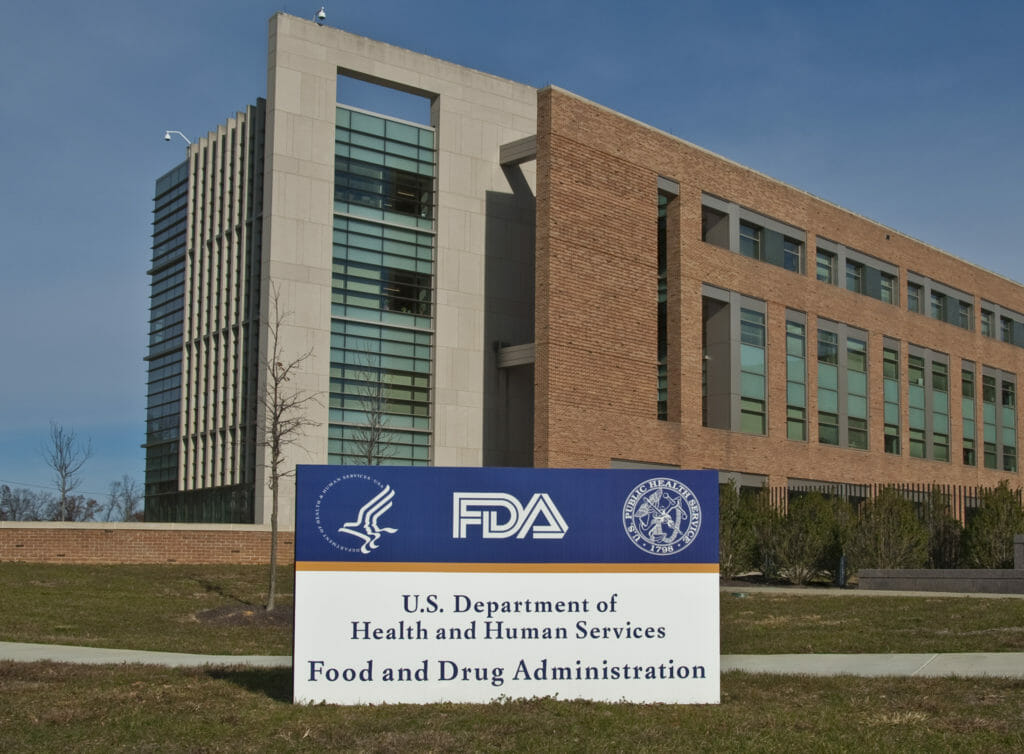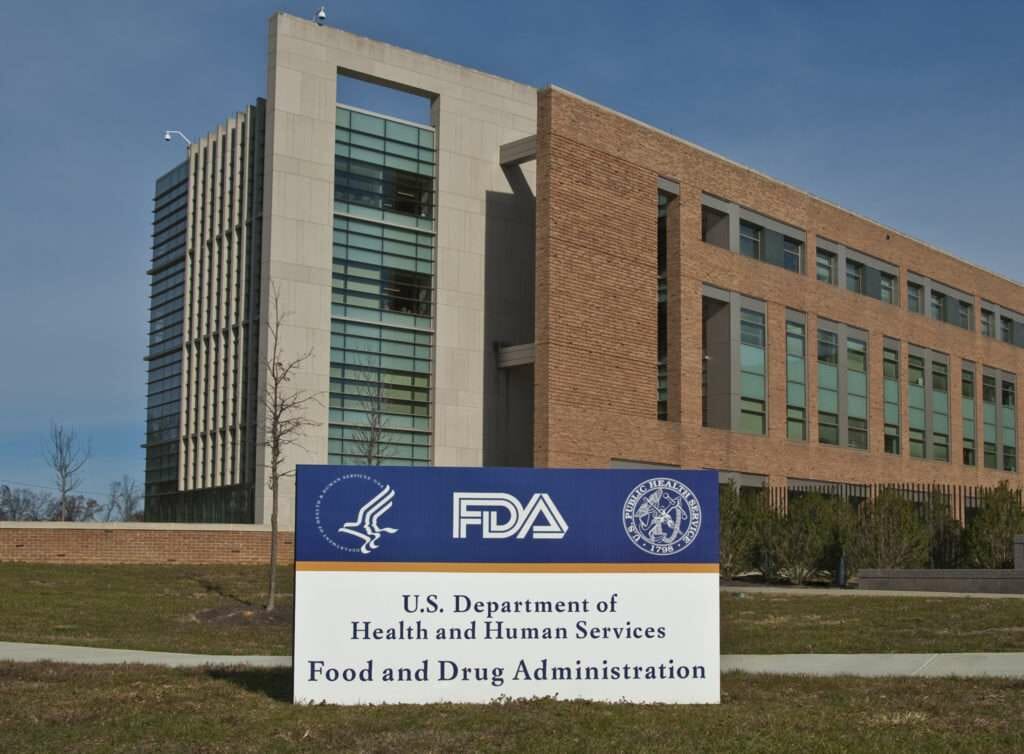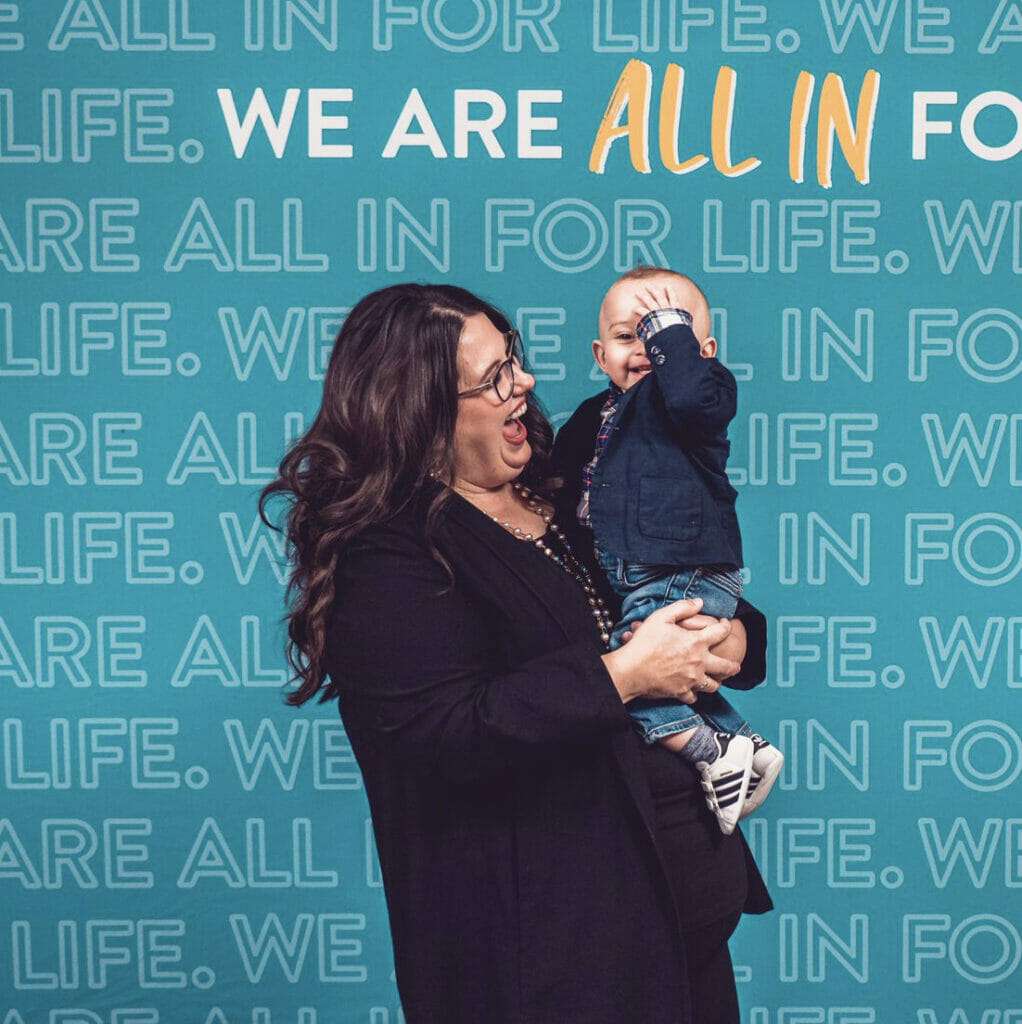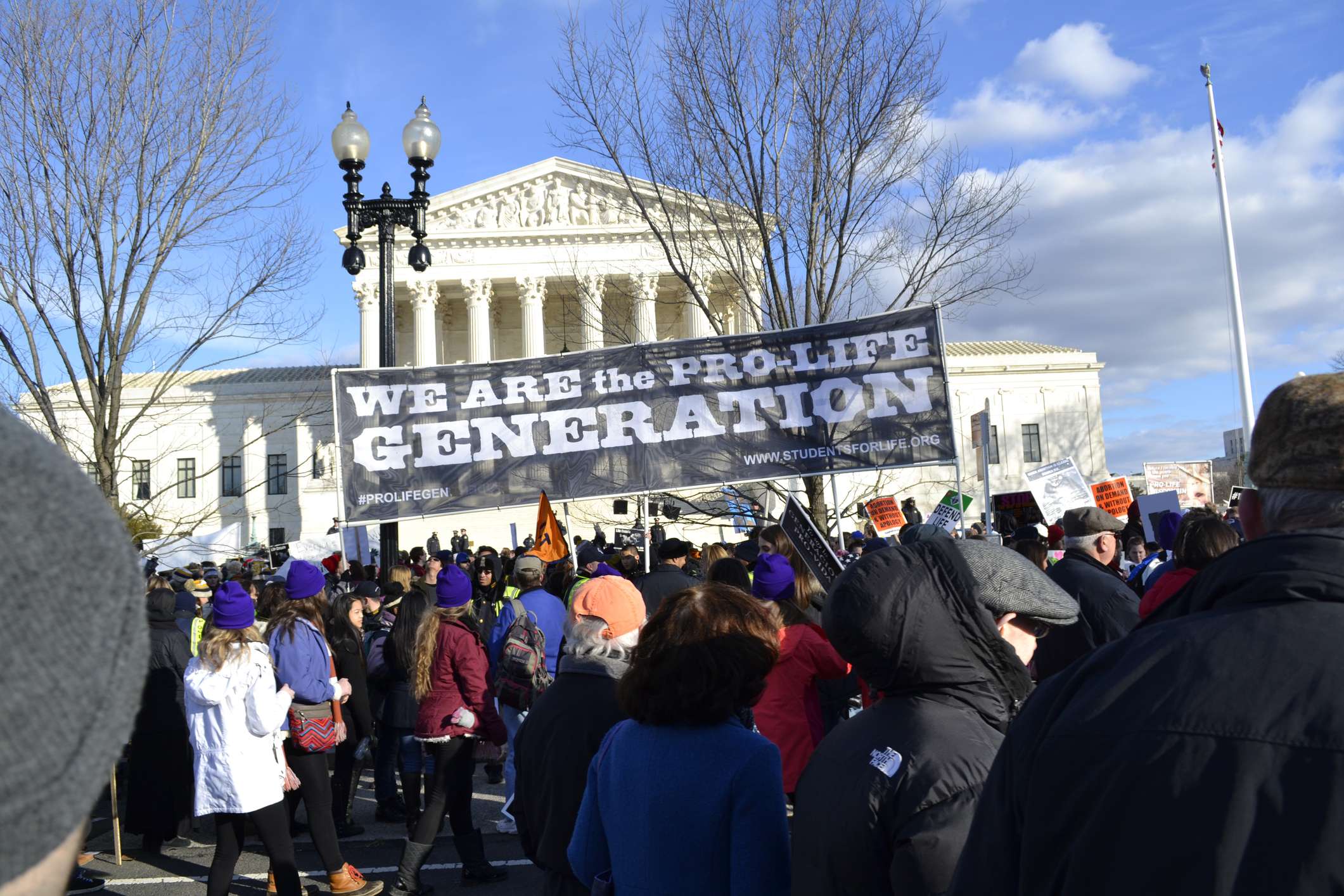

GUEST POST: In April, the U.S. Food and Drug Administration (FDA) issued a warning about “the risk of false results, inappropriate use and inappropriate interpretation of results with non-invasive prenatal screening (NIPS) tests, also called cell-free DNA tests or non-invasive prenatal tests (NIPT).” The tests are marketed as a means of genetically screening preborn babies early in pregnancy using only a blood sample from the mother. The tests have been widely misunderstood and known to be misused for the past decade. The FDA’s warning, while important, comes too late and fails to address serious ethical concerns with the industry of prenatal genetic testing.
“While genetic non-invasive prenatal screening tests are widely used today, these tests have not been reviewed by the FDA and may be making claims about their performance and use that are not based on sound science,” said Jeff Shuren, M.D., J.D., director of the FDA’s Center for Devices and Radiological Health. “Without proper understanding of how these tests should be used, people may make inappropriate health care decisions regarding their pregnancy. We strongly urge patients to discuss the benefits and risks of these tests with a genetic counselor or other health care provider prior to making decisions based on the results of these tests.”

Using a simple blood sample from the mother, which can usually be taken conveniently in a doctor’s office, NIPT screenings have been pushed on pregnant women as a way of identifying possible genetic disorders. The New York Times in January of this year investigated instances of false positives with NIPT results, which finally caught the attention of the FDA. However, journalists at the New York Times are not the first to highlight the disturbing stories of mothers moved to abort their children based on false and incomplete information. In 2014, the New England Center for Investigative Reporting looked at the issue, citing stories of families like that of Stacie Chapman.
During early pregnancy, Chapman took a NIPT screening and was told her son might have Trisomy 18. While diagnostic follow-up is recommended with such screenings, Chapman was stunned by the news and considered ending her child’s life immediately through abortion. If a mother decides to end her child’s life through the violence of abortion for any reason, it is a grave injustice. If a mother ends her child’s life based solely on the inaccurate and incomplete results of a genetic screening, the means of testing deserve scrutiny.

Chapman is one of countless mothers shocked and confused by the results of a simple blood draw that does not tell the whole story. The New England Center for Investigative Reporting stated, “There is, it turns out, a huge and crucial difference between a test that can detect a potential problem and one reliable enough to diagnose a life-threatening condition for certain. The screening test only does the first.”
The New York Times reporting in January brought renewed public awareness to the issues surrounding these screenings pushed on pregnant mothers. The research found that for every 15 times the screening correctly identified a genetic abnormality, they were wrong 85 times. These findings prompted 97 Republican legislators to send a letter to the FDA. “This is an area that has concerned the agency for a long time,” said Alberto Gutierrez, the former director of the FDA told the New York Times.

What the FDA’s recent warning fails to address is the link between NIPT screening and the culture of elective abortion. The tests are usually not offered for the reason of understanding potential health challenges for the baby that can be addressed through personalized care. Instead, they are often offered in order to end the lives of babies that are deemed unfit.
As Student for Life of America’s President Kristan Hawkins has stated poignantly, a child’s worth is not determined by their genetic purity. Two of Hawkins’ four children have cystic fibrosis, a genetic condition that can be screened for before birth. She said, “As a mother with children who others would argue should never have been born. I know that life has a value even if someone else does not view it as ‘perfect enough’ to survive.”
The FDA’s warning about the rampant misuse of prenatal screening does not include the much-needed statement that a child’s value is not limited by any anomalies in his genetic code. Until NIPT screenings are separated from the industry of elective abortions, grave abuses will persist.
Share this post
Recent Posts

National Celebrate Life Weekend Dominates D.C.: Just Look at the Coverage
01 Jul 2025
The Pro-Life Generation REACTS: “Big, Beautiful” Budget Bill Vote One Step Closer to Defunding Planned Parenthood & ALL Abortion Vendors
01 Jul 2025
News: FIVE Lawmakers Recognized for Defending Life
30 Jun 2025
